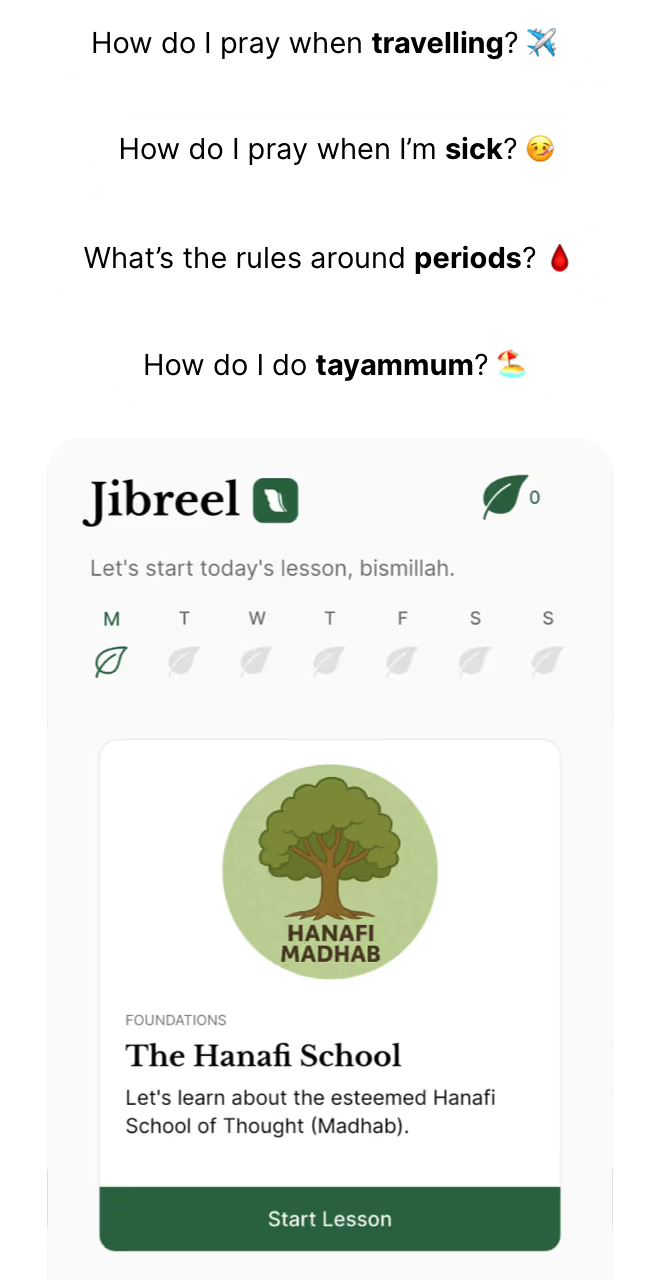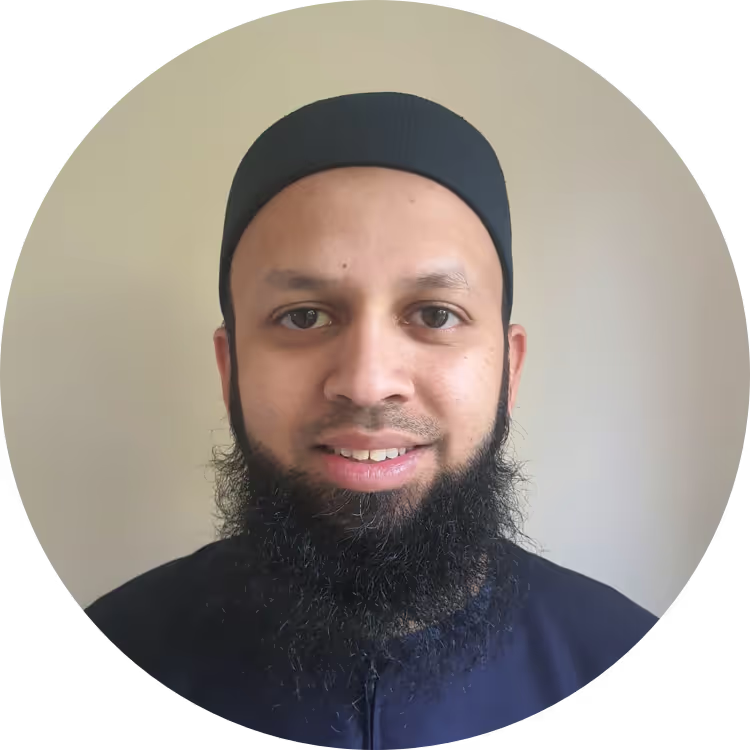how to make ghusl after menstruation
To make ghusl after menstruation, you must first rinse the entire mouth and the soft part of the nose once, and then wash your entire body, ensuring that water reaches every part from head to toe. This is essential to return to a state of ritual purity required for prayer and other acts of worship.
Integrals of Ghusl
Rinse the Mouth and Nose
The first step in a valid ghusl is rinsing the mouth once. This cleansing must reach every part of the mouth. Similarly, rinse the soft part of the nose once. These actions ensure that the interior of the body is purified.
Wash the Entire Body
The second integral is to wash the entire body. This involves washing from the top of the head to the toes, ensuring every part of the outer body is cleansed. Pay special attention to areas like the belly button and the outer ear, ensuring water reaches all accessible parts without causing harm.
Emphasised Sunnahs of Ghusl
Intention (Niyyah)
Before beginning the physical acts of ghusl, make a firm intention to perform the ritual bath to gain closeness to Allah by fulfilling His command. This intention is what transforms a mere act of cleaning into an act of worship.
Wash Hands and Private Parts
Start by washing your hands up to the wrists and then wash the private parts thoroughly. This step ensures any impurities are removed before the main body is washed.
Perform a Complete Wudu
Perform a complete wudu, which includes washing the face, arms up to the elbows, wiping the head, and washing the feet. This step complements the ghusl and is an emphasised sunnah that brings additional reward.
Wash the Body Three Times
Although washing the body once is sufficient for the validity of ghusl, washing three times is a sunnah practice that cleanses thoroughly. Alternatively, standing under a shower for the time it takes water to cover you from head to toe three times can fulfill this sunnah.
Special Considerations for Women
Hair Care During Ghusl
Women do not need to undo their braids for the ghusl to be valid, provided that water reaches the roots of the hair. This concession makes the process easier while still maintaining the required purification.
Water Usage
The Prophet Muhammad (pbuh) was mindful of water usage even when it was abundant. Ghusl can be performed efficiently using a minimal amount of water, such as one saa (approximately 3 liters), while ensuring that every part of the body is washed properly.
Conclusion
Performing ghusl after menstruation is a straightforward process involving rinsing the mouth and nose, washing the entire body, and observing the emphasised sunnahs for additional reward. These steps ensure that you return to a state of ritual purity, allowing you to engage in prayer and other forms of worship.
FAQs
Do I need to undo my braids for ghusl after menstruation?
No, you do not need to undo braids as long as water can reach the roots of your hair.
Is it necessary to perform wudu after ghusl?
Performing a complete wudu is an emphasised sunnah during ghusl, but not required again after completing a valid ghusl.
Can I perform ghusl using a shower?
Yes, standing under a shower for the time it takes water to cover your body three times fulfills the sunnah of washing the body.
What should I do if water does not reach my hair roots during ghusl?
Ensure that water reaches the roots. If it doesn't, adjust the water flow or reposition your hair to allow water access to the roots.
How much water is recommended for ghusl?
A minimal amount, such as one saa (around 3 liters), is adequate if used efficiently to wash the entire body.













.avif)
